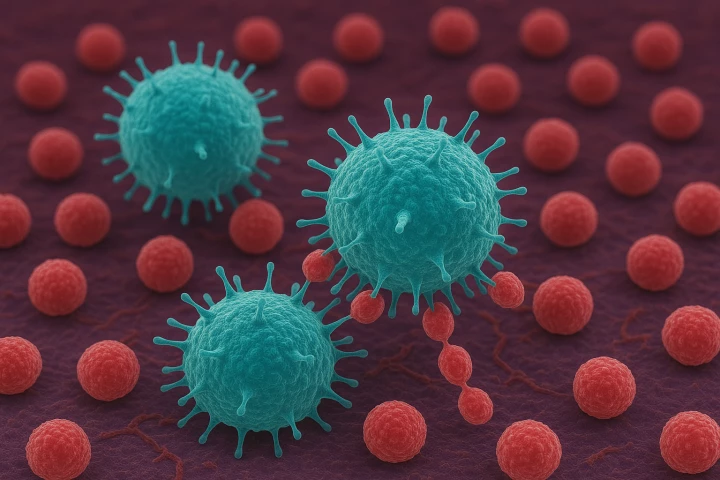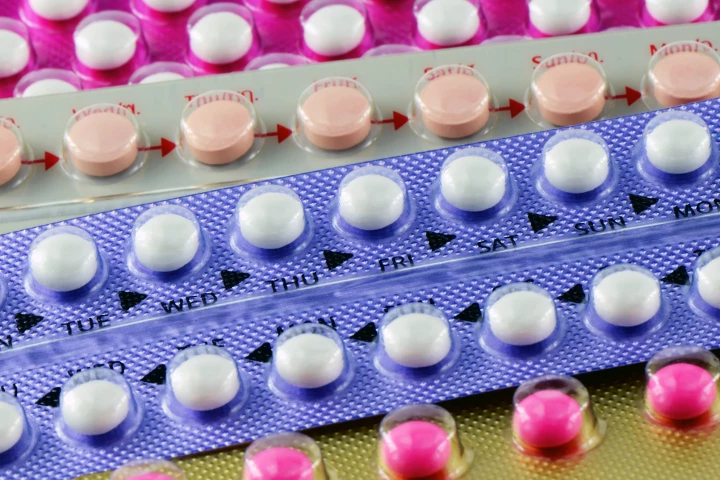Hormone
-
In a breakthrough finding, researchers have discovered that immune cells near the spinal cord are triggered by estrogen and progesterone to produce a natural painkiller called enkephalin. The finding could change the way we treat chronic pain.
-
A new study has debunked a popular TikTok wellness trend called cycle syncing, which claims that tailoring a workout routine to match the hormonal changes that occur during the different phases of the menstrual cycle provides a fitness benefit.
-
Estrogens are best known as hormones that regulate sexual development in women, although men produce them as well. Now, a new study finds that a particular kind of estrogen might have an additional role to play in suppressing appetite.
-
A brand new candidate for weight-loss treatment is on the table, with scientists uncovering for the first time how a hormone produced by the hypothalamus during sleep has a direct impact on appetite regulation and metabolism.
-
Upending long-held beliefs that testosterone levels fuel sexual desire, a new study has found that while the hormone plays a key role in reproductive success, elevated concentrations may instead drive 'courtship' efforts – particularly in single men.
-
Melatonin is already a popular supplement for those who struggle to get a solid night's sleep. But the dosage of the supplement and the best time to take it has remained largely a trial-and-error endeavor. A new study puts that uncertainty to bed.
-
Taking frequently prescribed contraceptive hormones for a year or more has been linked to a heightened risk of developing a serious brain tumor. One of those hormones, medroxyprogesterone acetate, is currently taken by some 74 million women worldwide.
-
A new study led by researchers in Germany has for the first time compared the chemical composition of body odor between teenagers and infants, homing in on the exact compounds that make babies smell like flowers and teens smell like sweaty goats.
-
Almost 25 years since scientists first identified a difference in anesthetic sensitivity in males and females, a new study reveals how sex hormones make men more responsive to going and staying under. Yet dosage is still decided on by a patient's size.
-
Researchers have identified the neurons responsible for controlling how growth hormone affects anxiety and the creation of fear memories, a hallmark of post-traumatic stress disorder. The discovery could lead to a new class of anti-anxiety drugs.
-
A new study has linked preconception exposure to phthalates to reduced odds of getting pregnant, adding to a growing body of evidence about the negative effects of these chemicals, commonly found in personal care products like soap and shampoo.
-
If you overindulge in sugary treats, the good news is that your sweet tooth will be silenced. The bad news, though, is that this triggers a hormonal call out for fatty foods. And even worse news, too much fat will then switch sugar cravings back on.
Load More











